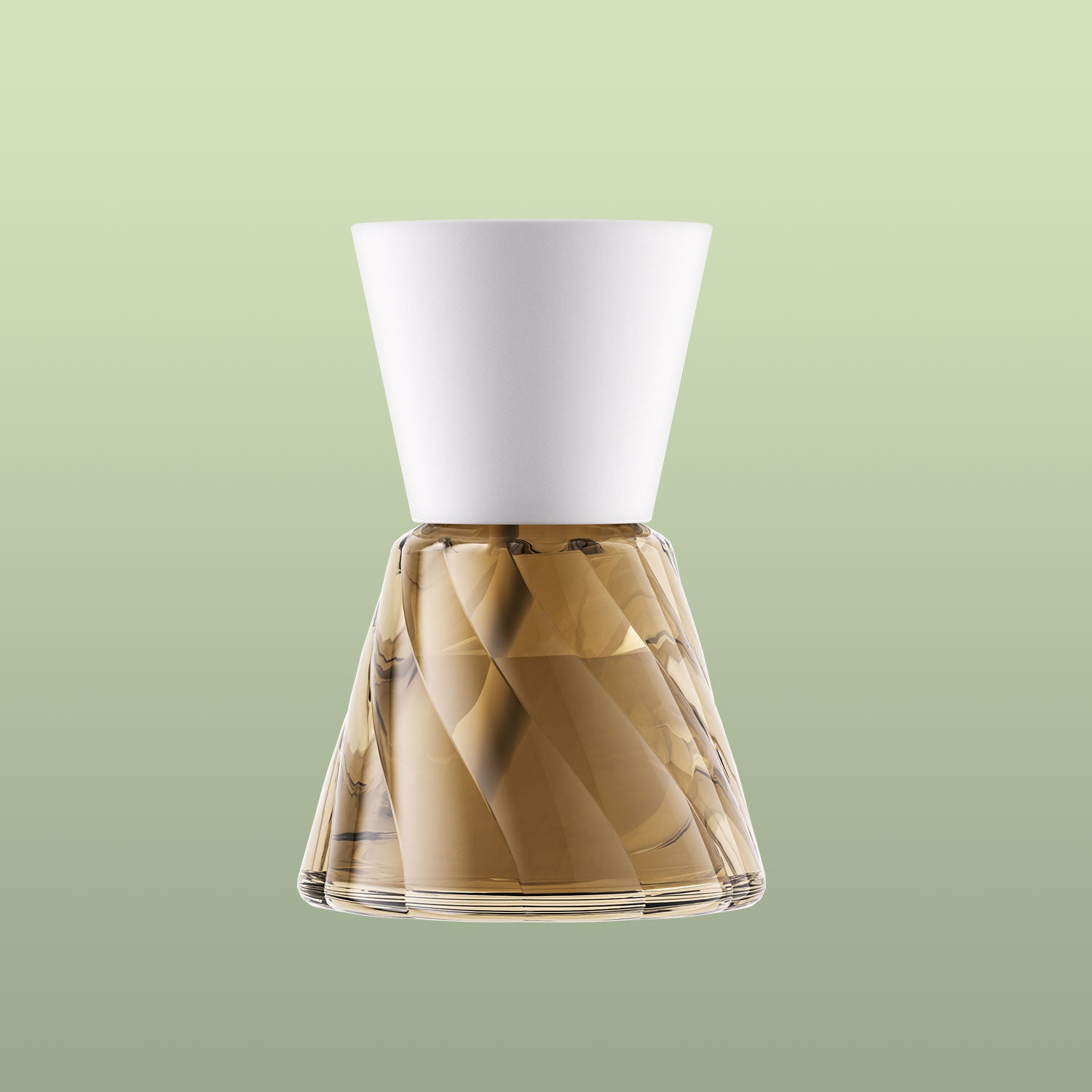If you’re like most people, you spend about 90% of your days indoors. And, on the coldest days of winter or hottest dog days of summer, it can be even more. But, humans evolved mostly outdoors, so what happens when we spend so many hours inside? We get less fresh air (and indoor air quality is typically 2-5 times more polluted than outdoors). We get less time in nature (which has been shown to have a multitude of benefits for health and well-being). And, we get less time basking in the rays of the sun. Over the past couple of decades, the main public health message regarding sunshine has been focused on ensuring people don’t spend too much time in the sun in order to reduce the risk of skin cancer. But an increasing body of evidence shows a litany of negative health effects when we don’t get enough. That’s exactly why sustainable home design (which focuses as much on the health of inhabitants as it does on the health of the planet) includes maximizing natural lighting. But that’s not the only benefit of inviting in some sunshine, here are 14 reasons you need as much natural lighting in your home as possible.
#1 NATURAL LIGHTING SAVES ENERGY AND MONEY
This one’s pretty obvious, but it’s worth saying anyway. Strategic natural lighting can reduce energy costs because it can help heat or brighten a space without using electricity.
#2 NATURAL LIGHTING INCREASES FOCUS
Natural light during both the morning and evening has been shown to increase concentration and focus. Feeling foggy? Try looking out the window and soaking up the sun for a few minutes for a boost of alertness. Having enough natural light is especially important if you work from a home office. A naturally lit space will help you be more productive than an artificially lit work environment. Increased natural light during the day helps you sleep better, so that you’re well-rested and on the ball for work the next day.
#3 NATURAL LIGHTING REDUCES BLOOD PRESSURE
Research shows that sunlight alters levels of the small messenger molecule, nitric oxide (NO) in the skin and blood, which reduces blood pressure. Martin Feelisch, Professor of Experimental Medicine and Integrative Biology at the University of Southampton, says “NO along with its breakdown products, known to be abundant in skin, is involved in the regulation of blood pressure. When exposed to sunlight, small amounts of NO are transferred from the skin to the circulation, lowering blood vessel tone; as blood pressure drops, so does the risk of heart attack and stroke.”
#4 NATURAL LIGHTING REDUCES STRESS AND ANXIETY
Feeling wound up? Bask in natural daylight for 30 minutes every morning to create an inner calm. ”If people are exposed to light in the morning that mimics the wavelengths of daylight, they become better at coping with anxiety-provoking experiences. The light simply improves the communication between the regions of the brain that are central to our handling of emotions such as stress and anxiety,” says PhD fellow Brenda Mc Mahon, MD, of the Neurobiology Research Unit at the Copenhagen University Hospital, Denmark.
#5 NATURAL LIGHTING CAN BOOST YOUR IMMUNE SYSTEM
Our immune systems rely on T-cells to fight foreign pathogens and sunlight (specifically the Vitamin d it creates) wakes them up. According to the Community Research and Development Information Service of the EU, “T cells are a type of white blood cell that perform a central role in the immune system. In order to find, react and fight off various infections in the body, T cells must transform from dormant, harmless cells to active ones capable of killing often serious bacteria and viruses. Scientists at the University of Copenhagen in Denmark have now discovered that vitamin D is critical to T cell function. Without sufficient sources of this vitamin in the blood, say the researchers, the cells remain dormant and are therefore incapable of ‘activating’ to fight foreign pathogens.”
#6 NATURAL LIGHTING CAN INCREASE THE VALUE OF YOUR HOME
It’s true – Windows increase the value of a home. A study performed by Building Technology Innovations revealed that increased natural light makes a rental space look bigger and more open, resulting in people’s willingness to pay more. Plus, if you have an awesome view, those big windows will show it off in the best way!
#7 NATURAL LIGHTING INCREASES HAPPINESS
Sunlight causes our brains to produce serotonin, a hormone that can improve mood by alleviating pain, providing energy and making us feel happy and well-rested. Sunlight also produces endorphins, otherwise known as the “feel-good hormone.”
#8 NATURAL LIGHTING HELPS PREVENT SAD
Seasonal Affective Disorder (SAD) is a type of depression that occurs when the seasons change, usually in the fall and winter. Although the specific cause of SAD has not been determined, it’s linked to a disruption of our circadian rhythm and decreases of serotonin and melatonin: all because of a lack of sunlight. Letting sunlight in during the darker months is especially important, since the days are so much shorter.
#9 NATURAL LIGHTING IS A VITAL SOURCE OF VITAMIN D
There’s a reason Vitamin D is called the “sunshine vitamin” – because your skin makes it when it’s exposed to the sun and sunshine is our key source of this important vitamin. How important? A study conducted in 2010 found that Vitamin D influences the functioning of over 200 genes in our bodies. “Our study shows quite dramatically the wide-ranging influence that vitamin D exerts over our health,” says Dr. Andreas Heger from the MRC Functional Genomics Unit at Oxford, one of the lead authors of the study. Vitamin D influences the bones, intestines, immune and cardiovascular systems, pancreas, muscles, brain, the control of cell cycles, and more.Having your home set up to receive as much sunlight as possible can help you get some of your daily vitamin D, without you even having to think about it.
#10 NATURAL LIGHTING BENEFITS VISION
While it’s true you shouldn’t stare directly at the sun, the light it creates it’s good for your eyes. According to North Carolina State University, “Computer screens, smart phones and fluorescent light can cause eye strain that can lead to permanent eye damage. Natural light has been shown to lower the risk of nearsightedness in children and young adults by helping the eye produce dopamine, which aids in healthy eye development.”
#11 NATURAL LIGHTING IS BETTER FOR INDOOR PLANTS
You don’t have to be a genius to understand this one. But did you know house plants have numerous benefits – from detoxifying indoor air to boosting your mood? More natural lighting means more opportunities for growing indoor plants.
#12 NATURAL LIGHTING COULD HELP YOU LOSE WEIGHT
Is this a magical diet trick right here? Nope, just another amazing benefit of sunlight. When we have higher levels of serotonin (triggered by sunlight) in our bodies, it suppresses appetite. Also, 2014 study published in the journal Diabetes found that ultraviolet (UV) radiation helps suppress obesity and symptoms of metabolic syndrome.
#13 NATURAL LIGHTING CAN HELP MAKE YOU SMARTER
In a study done by the Sacramento Municipal Utility District, people performed 10 to 25% better on tests of mental function and memory recall when they worked in a room with daylight and a view, compared to those without. In another study conducted by the California Energy Commission, students with the most daylighting in their classrooms progressed 20% faster on math tests and 26% faster on reading tests in one year than in those with the least. There’s no reason to think what works at school wouldn’t work at home!
#14 NATURAL LIGHTING GIVES YOU MORE ENERGY
Melatonin is a hormone that regulates sleep and makes us tired. Sunlight slows down our body’s ability to make it (that’s why we’re naturally sleepy at night and awake during the day). Allow yourself to sync up with nature’s clock in order to set a steady circadian rhythm for yourself. By getting enough natural light, your body’s inner clock will get on track, giving you a better night’s sleep and more energy during the day.
#15 NATURAL LIGHTING HELPS YOU SLEEP BETTER
Your inner clock that tells you when to sleep and when to be awake is triggered by light and darkness. Go with too little or too much of one or the other and your circadian rhythm will be thrown out of whack, putting your precious sleep-time in peril. In at least one study, people who were exposed to more natural light slept an average of 46 minutes more per night.
HOW TO MAXIMIZE NATURAL LIGHTING IN YOUR HOME
If you’re planning on building or renovating a home, make sure your contractor and architect understand that you want to incorporate natural lighting wherever it makes sense (in regards to lighting and energy efficiency).
If you want to maximize your natural lighting without renovations, follow these tips:
-
Make sure your furniture isn’t blocking windows.
-
Paint interior window frames white to amplify the reflection of natural light.
-
Use strategically placed mirrors to reflect natural lighting.
-
Avoid heavy drapes or window treatments.
-
Keep windows clean to allow as much light through as possible.
-
Choose lighter colors in general to reflect the light. Darker colors absorb it.
-
Use glass doors or doors with windows wherever you can.
by Janelle Sorensen, Content Director at Elemental Green and Chief Strategist at gro gud.





















Leave a comment
All comments are moderated before being published.
This site is protected by hCaptcha and the hCaptcha Privacy Policy and Terms of Service apply.